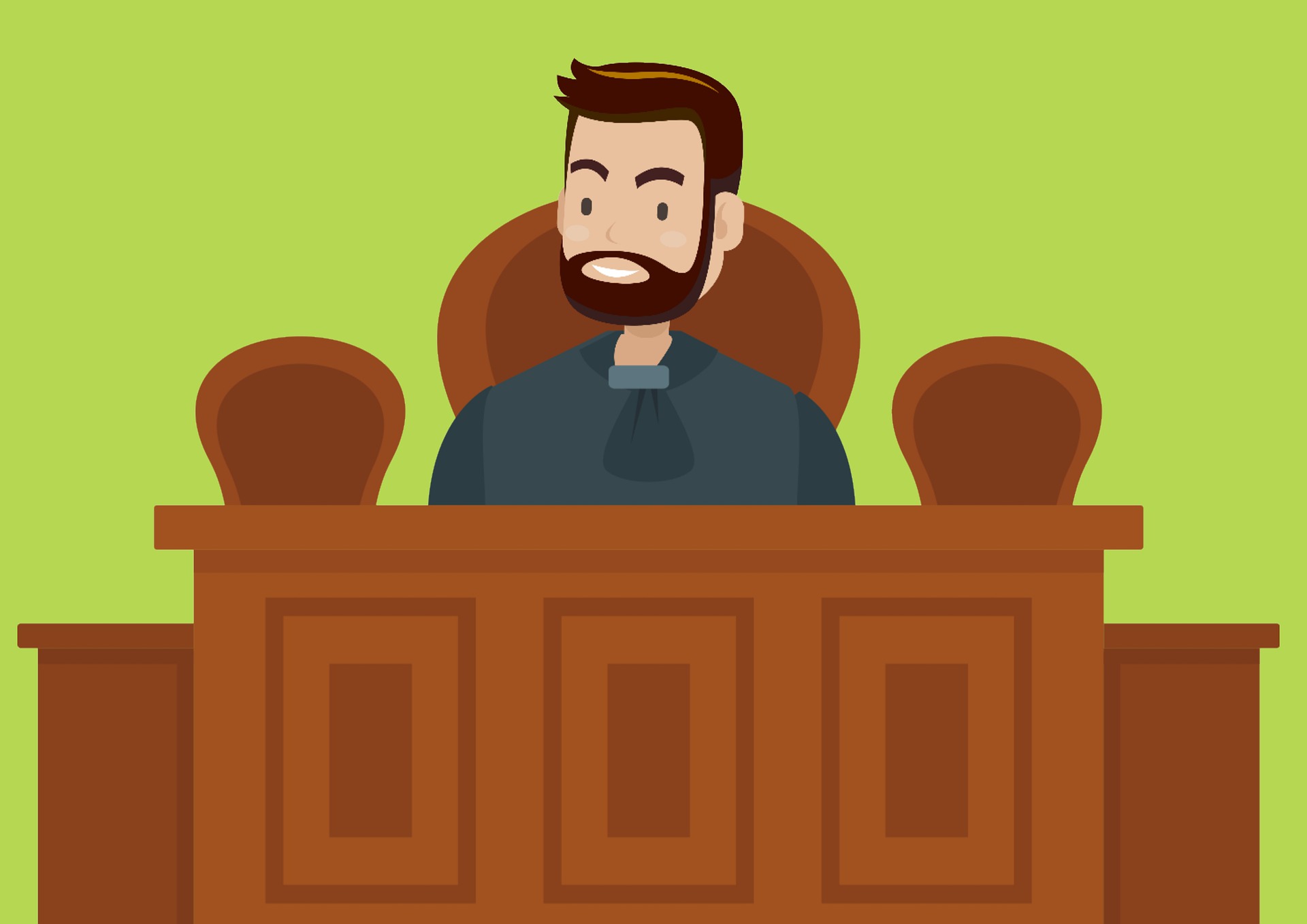
After an ear doctor was sued for pushing a charity on one of his patients, the jury returned a defense verdict. But the Court of Appeal reversed in Silvester v. Niparko (D2d7 Jun. 20, 2022 no. B301926) 2022 WL 2197100 (nonpub. opn.), holding that the trial court abused its discretion when it refused to allow Silvester to offer evidence of his impaired and vulnerable state when Dr. Niparko pushed his charity on him.
Seldom do judgments get reversed based on evidentiary rulings. But the judge here steadfastly kept out all Silvester’s evidence on an element of his claims, even rebuttal evidence.
Silvester suffered from tinnitus (ringing in the ears), and saw Dr. Niparko for treatment. Dr. Niparko successfully relieved Silvester of several millions of dollars by persuading Silvester to donate them to Dr. Niparko’s charity. But Dr. Niparko did not cure Silverster’s ears. (A second opinion years later indicated Silvester’s fish diet was spiking his blood mercury, which, once resolved, alleviated Silverster’s symptoms.)
Silvester sued Dr. Niparko (and after Dr. Niparko died, his estate) for actual and constructive fraud in taking advantage of his fiduciary relationship with Silvester who, in his vulnerable and impaired state, justifiably relied on Dr. Niparko.
But the trial court excluded the evidence of Silvester’s vulnerable and impaired state. Worse, the trial court also allowed Dr. Niparko to put on evidence that Silvester was not vulnerable or impaired, while barring Silvester from offering rebuttal.
The jury returned a defense verdict after less than a day of deliberations.
The Court of Appeal reversed, holding the trial court abused its discretion by excluding Silvester’s evidence supporting his justifiable reliance.
Here is the standard of review on evidentiary rulings to clip and save:
“Trial court rulings on the admissibility of evidence, whether in limine or during trial, are generally reviewed for abuse of discretion.” (Pannu v. Land Rover North America, Inc. (2011) 191 Cal.App.4th 1298, 1317, accord, Zhou v. Unisource Worldwide, Inc. (2007) 157 Cal.App.4th 1471, 1476.) “The trial court's error in excluding evidence is grounds for reversing a judgment only if the party appealing demonstrates a ‘miscarriage of justice’—that is, that a different result would have been probable if the error had not occurred.” (Zhou, at p. 1480; see Evid. Code, § 354; Code Civ. Proc., § 475.) Under Evidence Code section 353, a verdict also “shall not be reversed due to the erroneous admission of evidence unless: ‘(a) There appears of record an objection to or a motion to exclude or to strike the evidence that was timely made and so stated as to make clear the specific ground of the objection or motion ....’ ” (Atkins v. Strayhorn (1990) 223 Cal.App.3d 1380, 1390; see Evid. Code, § 353, subd. (a).) If a trial court's decision to admit or exclude evidence involves a question of law, we review that decision de novo. (Zhou, at p. 1476.)
Here, what tripped up the trial court was that evidence of Silvester’s vulnerability supported two different elements of his case. His vulnerability was relevant to establishing Dr. Niparko’s fiduciary relationship, and it was relevant to establishing Silvester’s justifiable reliance. On the existence of a duty, the trial court figured that the doctor-patient relationship already took care of that, so no need to bog down the record.
But the court agreed that the evidence was also relevant to Silvester’s justifiable reliance for his fraud claims. The trial court had allowed Dr. Niparko to offer evidence that Silvester was not in a vulnerable state. So definitely by that point it was error to refuse to allow Silvester to put on his own evidence.
The trial court had also excluded Silvester’s medical ethics expert on the grounds that breaches of medical ethics could not support Silvester’s fraud claims.
The Court of Appeal held this, too, was an abuse of discretion.
A breach of medical ethics may be a breach of fiduciary duty (see Scripps Clinic v. Superior Court (2003) 108 Cal.App.4th 917, 930-931 [triable issue of fact whether medical clinic breached its fiduciary duty by violating medical ethics code]), if that breach of fiduciary duty results in “misleading another to his prejudice” (Civ. Code, § 1573).
The court reasoned that evidence that Niparko's solicitation activities violated medical ethics standards was relevant, and the trial court abused its discretion by prohibiting Egan from opining whether Niparko had violated ethical guidelines.
There was one more curious detail in the opinion. The opinion notes that, during the trial, “Respondent agreed to a general verdict form in exchange for Silvester's written agreement that he would not seek to execute on any estate assets other than insurance and indemnity protection.”
Typically, defendants prefer to have special verdict forms, because it is easier to challenge them in posttrial motions and appeal. Silvester, to get his way on a general verdict form, agreed to limit his rights to enforce the judgment against the estate beyond the insurance and indemnity coverage.
This is an interesting strategy that may be worth exploring in your next trial.